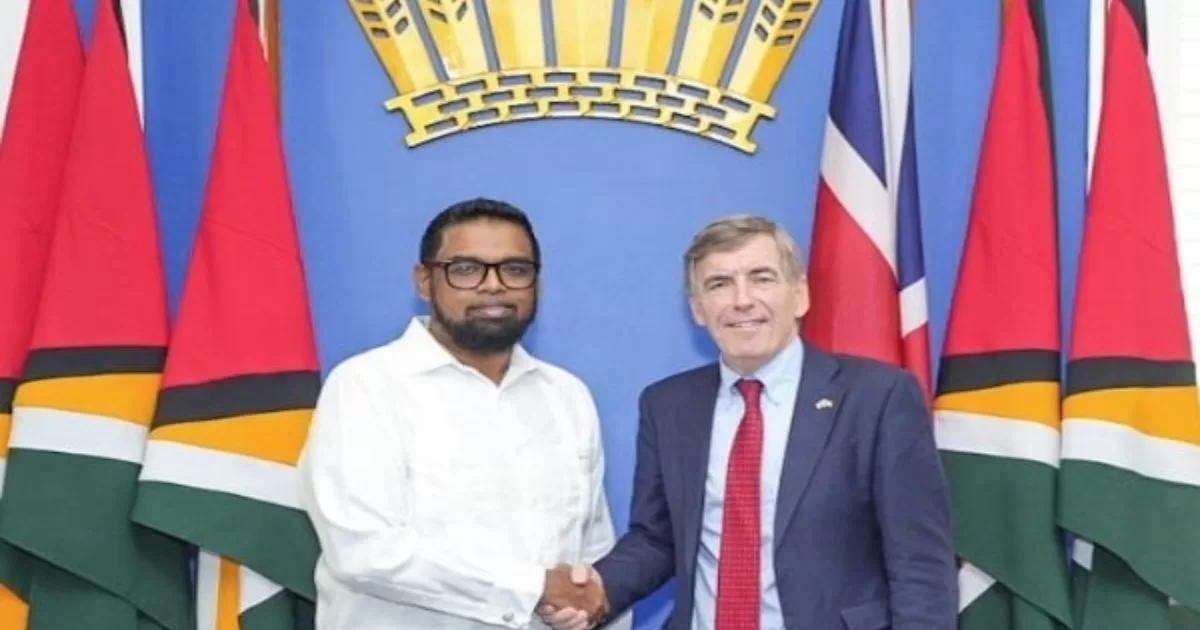Should we all be vegetarians? That was just one of the questions addressed by the panel discussion – the views were very different.
“Hart aber Fair” on Monday evening was all about meat consumption. The discrepancy between the demand for more organic quality and agricultural and entrepreneurial realities also became clear.
The guests:
- Cem Özdemir: B’90/Greens, Federal Minister of Food and Agriculture
- Ralf Zacherl: TV chef, restaurateur, author
- Albert Stegemann: Member of the Bundestag (CDU) and farmer
- Gesa Langenberg: Farmer
- Stefan Genth: General Manager of the German Trade Association
Cem Özdemir answered the said question right at the beginning of the show – to a certain extent with a “No, but”. “If everyone is vegetarian, we also have a problem. Then there is no longer a circular economy. We need animal manure, especially at a time when mineral fertilizers have become more expensive,” explained Özdemir.
But in view of the planetary boundaries, one must ensure that fewer animals are eaten in the future, according to the Minister of Agriculture. Later he followed up with an appeal: “What I’m promoting: If we all eat less meat together, then we’ll do something for the planet. And we’ll also do something for our own health.”
Stegemann: “In the end, it’s always a business decision”
The focus of the discussion that evening was not only the ethical issue of meat consumption – but also questions about production conditions. The difference between husbandry forms 2 and 4 in pig breeding was explained not only by farmer Gesa Langenberg, but also in a clip by star chef Ralf Zacherl. In terms of the quality of life of the animals, this is definitely enormous – in terms of taste (Zacherl served the two categories to a family in a blind test) apparently significantly less.
What also separates the two types of husbandry are the high investment costs for agricultural conversion, as Langenberg reported from his own experience. “We are willing to change. But: I need to be able to plan. The investment costs that I have in front of me are incredibly high. I would like to tackle that too. But I need a few things that politics and trade can help me with”.
We are talking about amounts in the millions here, according to Langenberg. Although she admitted to taking entrepreneurial risks as a farmer, she also called for planning security. Albert Stegemann, member of the Bundestag for the CDU and himself a farmer, put it in a nutshell: “In the end it is always a business decision”.
Meat is getting more and more expensive
Meat, like other foods, is becoming more and more expensive — making it an unintentional luxury item for many. The pensioner Ursula Sachs said that she can only afford meat once a week. The honorary head of the “Loaf and Soul” table also reported on her charity work: “We have changed that a lot more people come and that the food is also becoming less here. There is hardly any meat left. The people stand for food at.” What does she think of the discussion about organic meat? “I think it’s good that the animals are doing better. But when it gets so expensive that people like me can no longer afford it, that’s not okay.
The managing director of the German trade association, Stefan Genth, responded: “This is a huge problem. This inflation is being driven by energy prices. Politicians can start there where it is necessary. We in retail are trying to do a lot to ensure that these prices do not continue to rise to leave. We have tough negotiations with the industry.”

